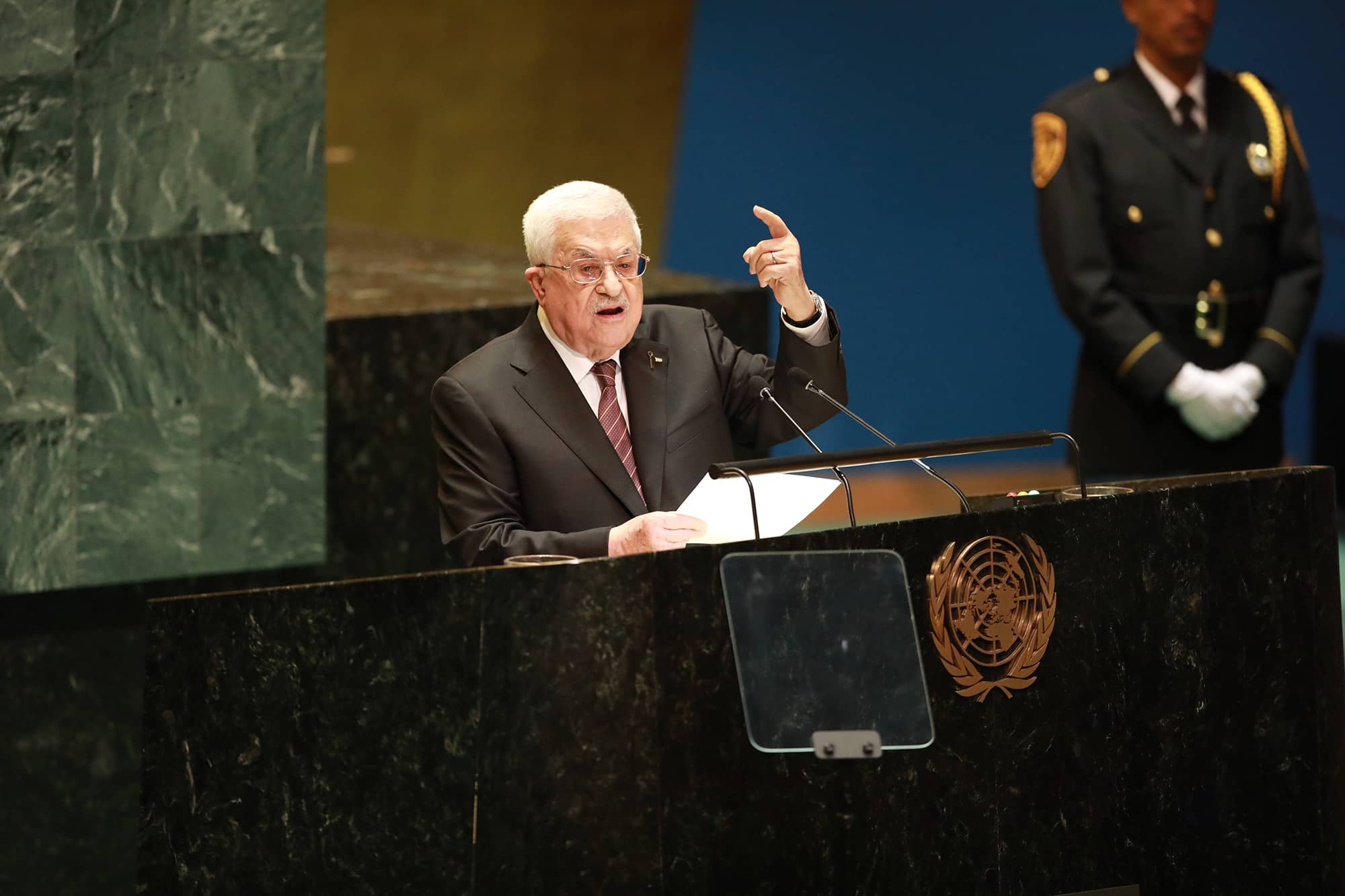International affairs have been experiencing A state of strategic uncertainty and global indecision has presided over international affairs for many years. However, Israeli prime minister Benjamin Netanyahu and his Indian counterpart Narendra Modi have stood out for their clarity. Both leaders seem to have defied the conventional wisdom of nuclear restraint doctrines through their recent military operations: India’s Operation Sindoor in early May and Israel’s Operation Rising Lion by Israel launched on June 13. Their actions amply demonstrated the audacity of two statesmen with a common cultural heritage.
Both Netanyahu and Modi are proponents of conservative nationalism, viewing their respective nations as ancient civilizations with a destiny to serve as models for the world. Modi’s statecraft is heavily influenced by the worldview of Hindutva, framing India not just as a nation with borders but as a cultural and civilizational entity. Netanyahu employs a similar approach, grounding his vision in biblical tradition and portraying Israel as the eternal nation of the Jewish people. For both leaders, national security transcends the strategic realm, becoming existential, moral, and rooted in a sense of civilizational responsibility.
Their shared ideology has led to strategic decisiveness in the face of immediate threats. In April 2025, a terrorist attack on Hindu civilians in Pahalgam, Jammu & Kashmir, prompted India’s most vigorous response in decades. Within a couple of days, Modi authorized Operation Sindoor, a series of surgical strikes targeting terrorist hideouts within Pakistan and Pakistan-occupied Kashmir. This was not merely tactical vengeance; it signified a paradigmatic shift. For years, Pakistan’s nuclear deterrence had been seen as a given against Indian action, but Sindoor turned that calculus on its head. Modi declared that nuclear threats would no longer deter India, as his military struck deep within Pakistani territory for the first time since 1971.
Netanyahu’s decision to launch Operation Rising Lion was guided by a similar logic, albeit in a different context. With Iran’s non-compliance with nuclear safeguards and diplomatic solutions exhausted, Israel struck pre-emptively on June 13, 2025. Israeli forces quickly incapacitated key Iranian nuclear facilities and eliminated top IRGC leadership. The message was clear: Israel would not wait for an existential threat to materialize. Citing the Torah, Netanyahu proclaimed that Israel rose “like a lion” to defend its nation—a blending of religious beliefs with decisive action that echoed Modi’s fusion of Hindu cultural imagery with military resolve.
Both operations represented a departure from the traditional restraint exercised in nuclearized zones. Policymakers had long feared that classic retaliation could escalate into nuclear warfare. Modi and Netanyahu demonstrated otherwise. Their actions were aggressive yet measured, constrained yet ambitious. India targeted terrorist infrastructure without striking Pakistani cities or heavily fortified military installations. Israel’s actions, while broader in scope, focused on critical targets essential for disabling the Iranian nuclear complex and leadership, avoiding civilian targets. This self-restraint enabled both leaders to act without inviting uncontrollable escalation, transforming the nuclear shadow into a space for strategic maneuvering.
A significant enabler of their assertiveness was technological superiority. India’s deployment of Rafales, SCALP missiles, and drones provided reach and precision with minimal mobilization. Israel’s use of stealth aircraft, cyber warfare, and Mossad-deployed loitering munitions ensured that Operation Rising Lion was both precise and destructive. The implication is clear: offensive action under a nuclear overhang is feasible only for states that possess qualitative military and intelligence advantages.
Moreover, Modi and Netanyahu share a charismatic, centralized leadership style grounded in personal authority, allowing them to dominate their political landscapes. Modi’s BJP has secured power three times, thanks to his distinct charm, while Netanyahu has become Israel’s longest-serving prime minister, positioning himself as the sole safeguard against national ruin. In times of crisis, each leader reinforces public confidence.
This civilizational framework is not mere rhetoric; it is policy. Modi frames India as Bharat, drawing on millennia of cultural coherence, while Netanyahu’s references to biblical Israel link contemporary security concerns to sacred heritage. Such value-based self-confidence drives them to act where others hesitate. While Western democracies often stall over issues of legitimacy and appearances, Modi and Netanyahu draw inspiration from values-based statecraft. Their nationalism is not isolationist; it is rooted in the belief that their civilizations possess something unique and enduring to protect—and, if necessary, to fight for.
Importantly, both leaders have adeptly managed their foreign alignments. Modi’s India has achieved strategic independence, cultivating relations with the U.S., Russia, and France on equal terms. Operation Sindoor faced little global criticism; only a few states called for restraint. Netanyahu, while treading a solitary path, maintained openness with Washington, thereby securing unofficial U.S. acceptance without dependence. Both leaders asserted diplomatic control even while engaging in high-risk military actions.
What is the relevance of their actions to deterrence and international leadership? They have ushered in a new era of spirited, value-driven statecraft. Modi and Netanyahu demonstrated that resolute action against nuclear blackmail is not just morally justified and politically preferable but also strategically successful. They did not respond impulsively but recognized that restraint had become a liability. Their reactions recalibrated red lines against aggressors like Pakistan and Iran, signaling that proxy warfare or nuclear bluffing would now be met with precise military force.
This model has its critics, as some fear it may escalate conflicts, violate liberal norms, or lead to authoritarianism. Yet, to its supporters, and increasingly to strategic thinkers, the lesson is that principled strength has a chance to succeed where process-oriented ambiguity is destined to fail.
In summary, Narendra Modi and Benjamin Netanyahu are not only national leaders but also civilizational statesmen who have acted where the world has feared to tread and doubted the outcomes. Their blend of ideological coherence, strategic audacity, and public mandate presents a compelling alternative to business-as-usual. They have deliberately redefined deterrence, and the world, whether admiring or fearful, must now adapt to the new paradigm established by these two leaders.















Disarm Hamas or Face a Partitioned Gaza